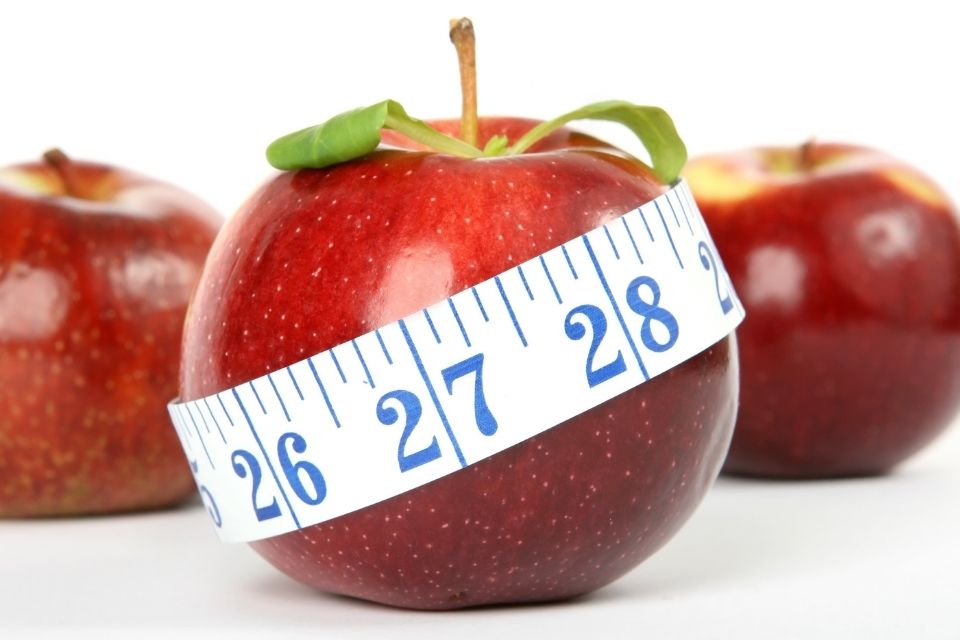Walking is one of the most underrated forms of exercise. It doesn’t require equipment, can be done anywhere, and is accessible to almost everyone. But many people wonder: how many calories do you burn walking?
The answer depends on factors such as body weight, speed, duration, and terrain. Whether your goal is to lose weight, improve fitness, or simply stay active, walking can be an effective tool when you understand how it affects calorie expenditure.
In this guide, we’ll break down calories burned walking, show you how to calculate them, explain what influences the numbers, and give practical tips to maximize results.
You’ll also see how to combine walking with other workouts, like home workout routines and leg workouts, for even better progress.
How many calories do you burn walking?
On average, a person burns 80 to 120 calories per mile (1.6 km). But the exact number varies.
- A 60 kg (132 lb) person burns about 240 calories in a 5 km walk.
- A 75 kg (165 lb) person burns about 300 calories in the same distance.
- A 90 kg (198 lb) person burns about 360 calories in 5 km.
The faster you walk and the more body weight you carry, the more calories you burn.
Factors that influence calories burned walking
- Body weight
Heavier people expend more energy to move the same distance. - Speed and intensity
Walking at 6 km/h (3.7 mph) burns more than at 4 km/h (2.5 mph). - Incline and terrain
Walking uphill or on uneven ground increases effort and calorie burn. - Duration and distance
The longer you walk, the higher the total burn. - Fitness level
Beginners often burn more at a given pace compared to trained individuals because their body is less efficient.
Calories burned walking vs. other activities
Walking may seem less intense compared to running or cycling, but it still provides excellent benefits.
- Walking 5 km: ~250–350 calories
- Running 5 km: ~400–500 calories
- Cycling 30 minutes: ~250–400 calories
While walking burns fewer calories per minute, its accessibility and low impact make it easier to maintain consistently.
Walking for weight loss
To lose weight, you need a calorie deficit, burning more calories than you consume. Since 1 pound of fat equals about 3,500 calories, creating a deficit of 500 calories/day leads to 0.5 kg (1 lb) of weight loss per week.
Walking 30–60 minutes daily can significantly contribute to this deficit, especially when combined with dietary adjustments and other forms of exercise like what is cardio.
How to calculate calories burned walking
A simple formula:
Calories burned = MET × weight (kg) × time (hours)
Walking at 5 km/h (3.1 mph) = 3.3 METs
Walking at 6.5 km/h (4 mph) = 4.3 METs
Example:
- Person: 70 kg
- Walking speed: 5 km/h (3.3 METs)
- Time: 1 hour
Calories burned = 3.3 × 70 × 1 = 231 calories
Tips to burn more calories walking
- Increase pace: Aim for a brisk walk where talking is possible but singing is difficult.
- Use intervals: Alternate between moderate and fast pace for extra burn.
- Add hills or stairs: Natural way to increase intensity.
- Walk with resistance: Use a weighted backpack or light ankle weights.
- Combine with strength training: Stronger muscles improve walking efficiency and calorie expenditure. See our leg workout guide.
Walking vs. steps: Does 10,000 steps burn fat?
Walking 10,000 steps equals roughly 7–8 km depending on stride. That’s about 300–500 calories burned, depending on weight and pace.
This doesn’t guarantee fat loss by itself, but combined with diet control, it contributes significantly to a daily calorie deficit.
Walking and health beyond calories
Walking is not just about weight loss. Studies show it also:
- Improves cardiovascular health
- Reduces stress and anxiety
- Supports joint health with low impact
- Boosts mood and energy
- Increases longevity
Walking outdoors vs. treadmill
- Outdoors: More variety, exposure to sunlight, and fresh air. Hills and terrain naturally increase effort.
- Treadmill: More control over speed and incline, practical in bad weather.
Both are effective, choose the one that fits your routine best.
Customize your workout!
So, how many calories do you burn walking? The answer depends on weight, speed, and distance, but on average, expect 80–120 calories per mile.
Walking may not burn as many calories per minute as running, but its accessibility, low impact, and health benefits make it one of the best long-term activities for weight loss and overall wellness.
To maximize results, combine walking with strength training and cardio. Track your progress, stay consistent, and remember: every step counts.
Download the Befit app to log your walks, estimate calories burned, and build a personalized routine to reach your goals.








